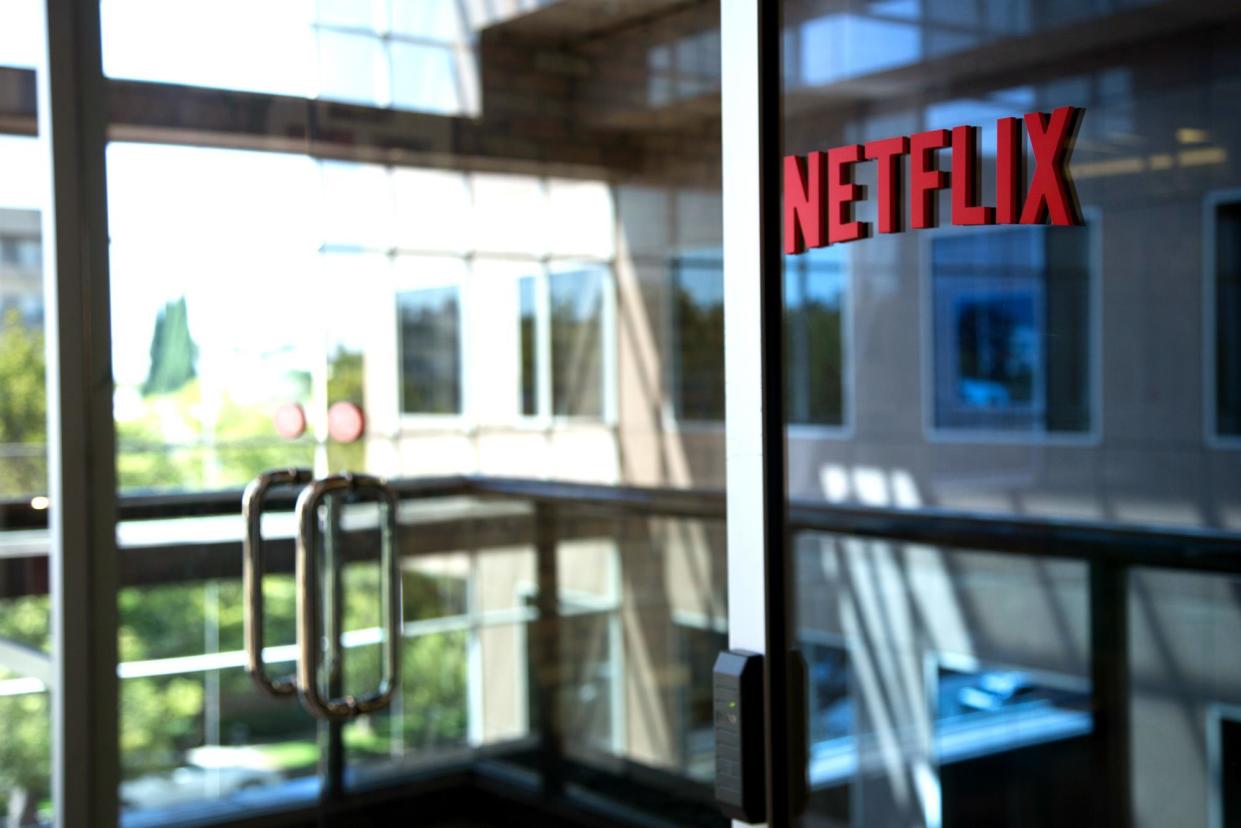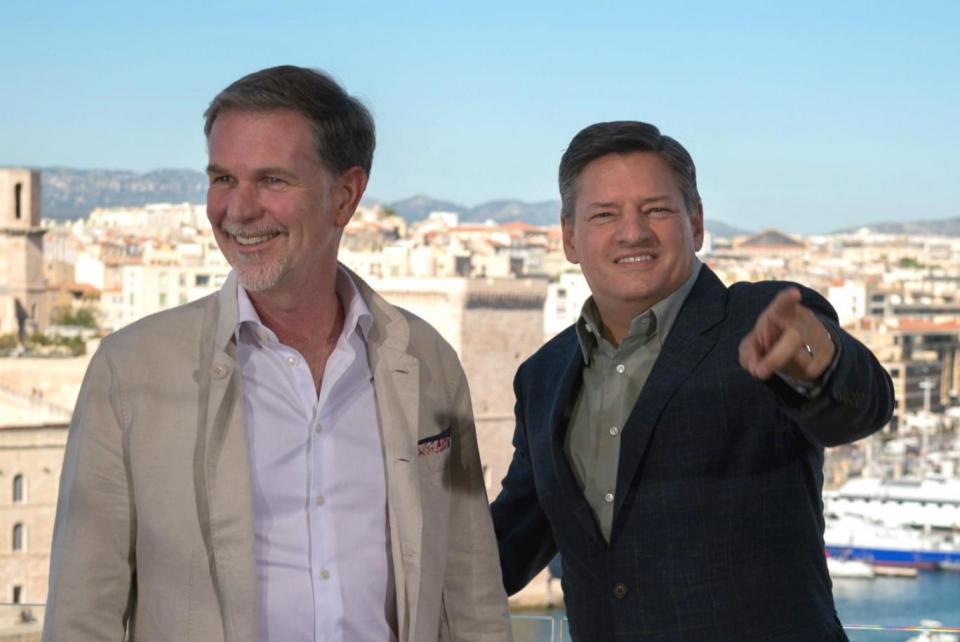Why does everyone say working with Netflix is so great?

Spend enough time, as I do, on the interview circuit, and you’ll find yourself told time and time again by actors, writers and directors how great it is creating under the Netflix umbrella in comparison with other studios and production companies.
It is always described as a very fostering environment and quite casual - like partnering up on production with a friend, albeit one who happens to have billions of dollars and a vast global audience in waiting.
“Either they’re incredibly on message or it’s true!” Netflix Chief Content Officer Ted Sarandos jokes when I mention this during a chat with him and Netflix CEO Reed Hastings, referencing the obvious, cynical reading that it might all just be PR speak.
I insist that I do believe the creators by this point though…
Me: "…And so I wonder why you’re able to give people that freedom and why other companies haven’t in the past. Like, if I’m hiring a reporter I always ultimately want them to be doing what they want to do and following their nose - you obviously feel the same way when it comes to people creating film and TV."
"Ted: It’s worked so well for us as a company, the freedom and responsibility model we have - giving people the freedom to do what they do best and be responsible for the outcome. Especially when you’re creating art, it’s not something that works better with a lot of hands in it so I really do feel like our key role is picking the stories and the storytellers and then creating an environment for them to do their best work, but mostly stay out of their way. We collaborate but it’s always an invited collaboration.

"If we make a bad choice it’s very difficult for us to fix it, we’re not writers we’re not directors, but I do think there is a tendency around the industry to try and insert value by getting involved in things that are really not your core strengths and we try to avoid that the best we can.
Reed: "And if you’re HBO or BBC and you’ve just got a few big shows you’re really worried one of them might not go well - our advantage in doing internet television is we get to have many different shows, and then so any single risk is acceptable, because, across the whole portfolio, some will be absolutely amazing because of the freedom."
Me: And the times when they don’t work out so well, I guess they’re not quite so visible?
Reed: "Well we had shows like Marco Polo, we gave it two seasons.."
Ted: "And Hemlock Grove.."
Reed: "..Hemlock Grove we ended after three seasons, and so sometimes yeah, it doesn’t work out as well as we want relative to the costs."
Ted: "But in the old model once those shows get cancelled they’re gone forever, whereas people are still discovering Hemlock Grove today on Netflix."

 Yahoo News
Yahoo News 
